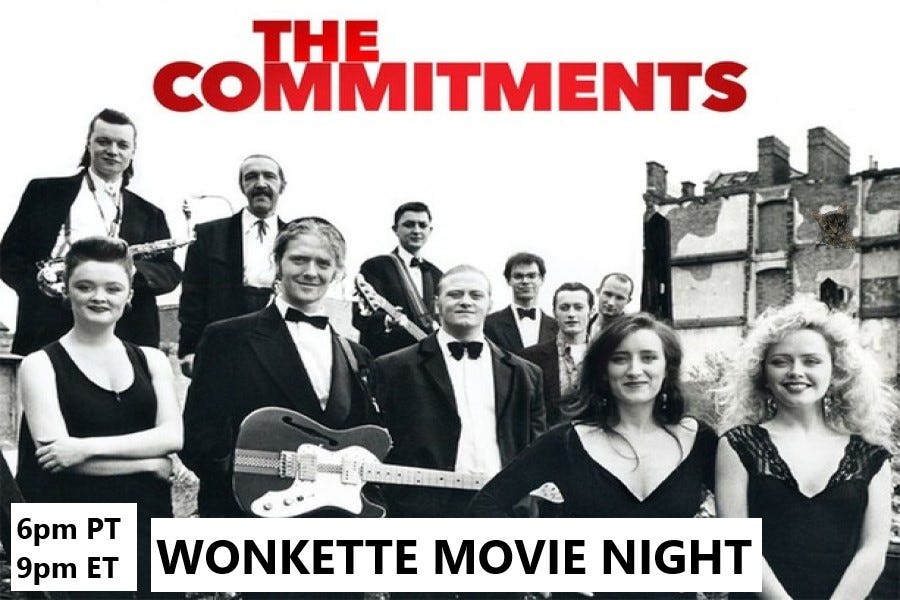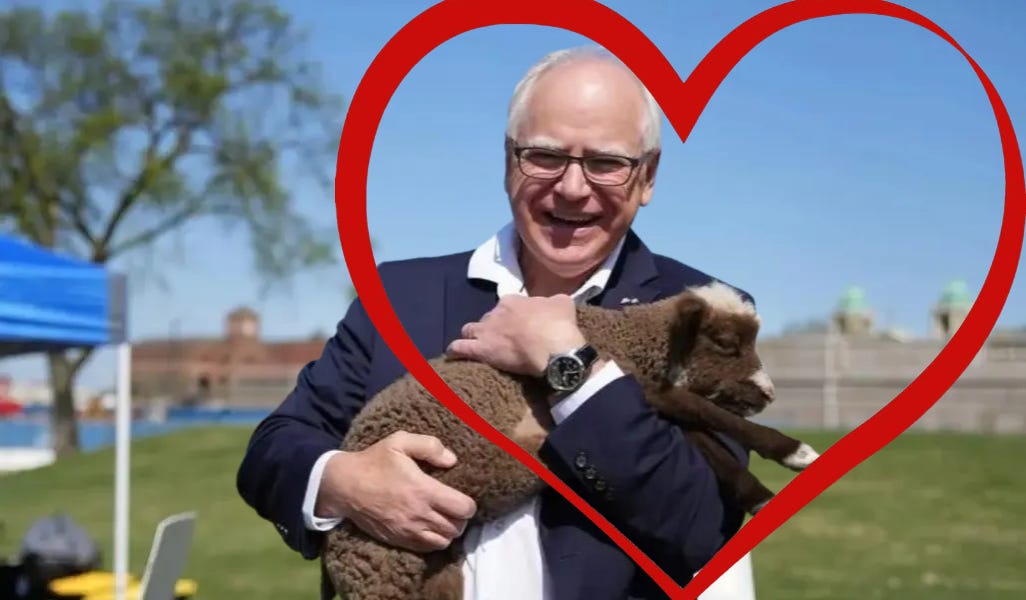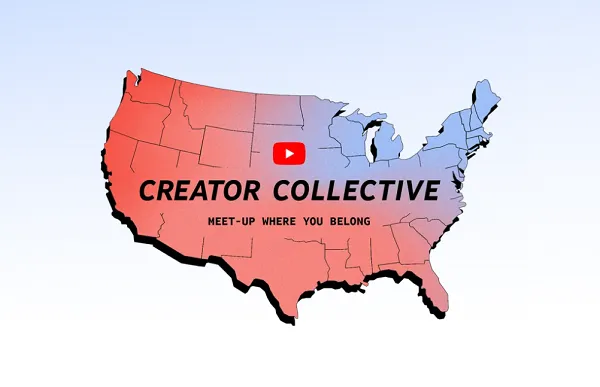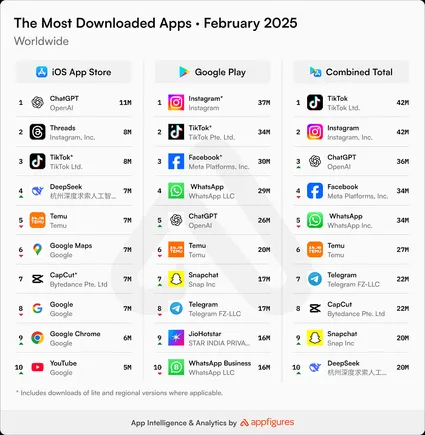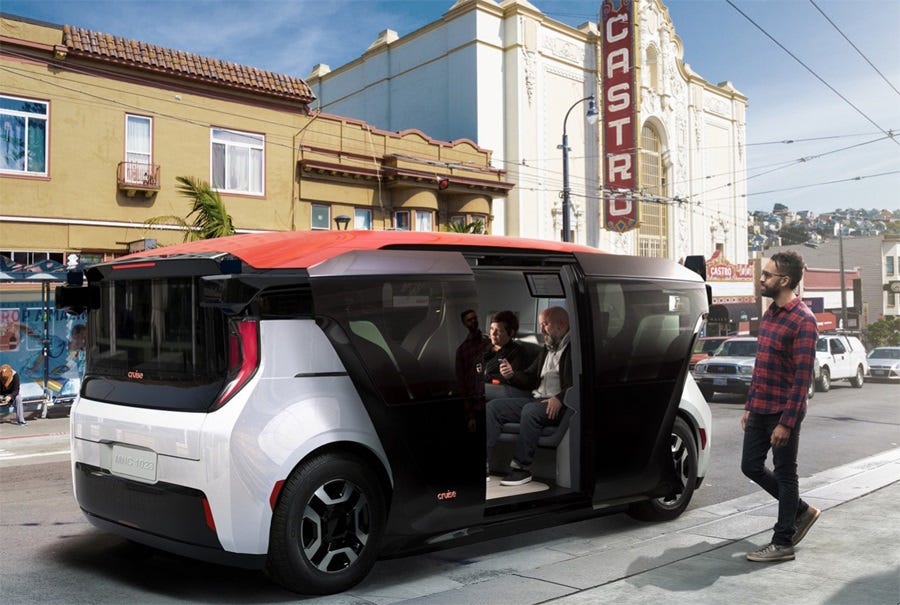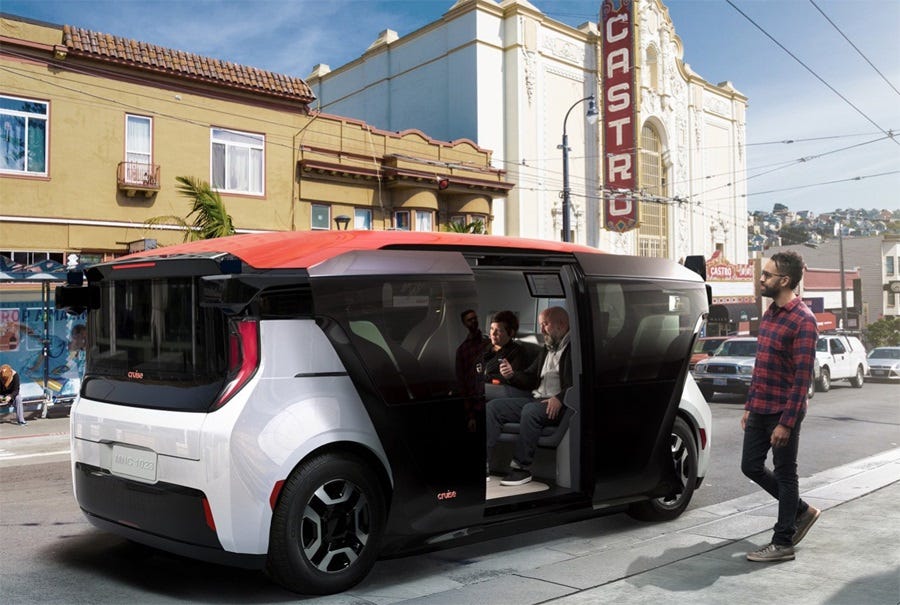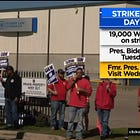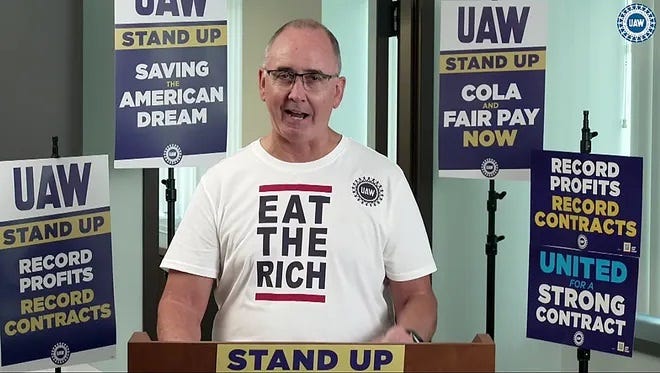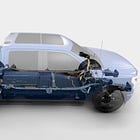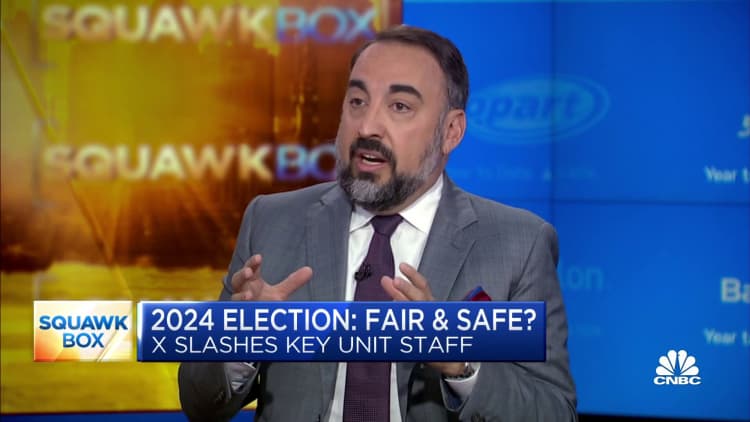The United Auto Workers are still very much on strike against the Big Three Automakers for higher wages and job protections as the auto industry begins transitioning to a future where it primarily builds electric vehicles. But on Friday, UAW President Shawn Fain announced a major breakthrough: General Motors had agreed to one of the union’s key demands — a demand it had previously claimed was “impossible” — and will include all workers at the manufacturer’s US EV battery plants in the eventual master agreement between the union and the automakers. Fain added that no, he is still not a political party in Northern Ireland, so could you please stop asking him what he thought of “Derry Girls.”
Fain, wearing an “Eat The Rich” T-shirt with a UAW logo, said that the progress with GM was a significant enough concession that the UAW would hold off for now from expanding the partial strike to more factories or distribution centers.
“I was ready to call on one of GM’s most important and biggest plants to stand up,” Fain said, referring to the union’s strike strategy, where individual plant workforces walk out. “And it was that threat that brought them to the table.”
The plant that would have been targeted doesn’t build EVs; it’s a GM SUV plant in Arlington, Texas, that produces gas-guzzling but still popular Suburbans, Tahoes, Yukons, and Escalades. As the indispensable climate/energy blog Heatmap notes, there’s a little irony in winning concessions on the battery factory question by threatening to strike at an SUV plant:
Even if the UAW and the Big Three recognize that their future lies in electrification, the union’s members and the automakers’ profits are intertwined with the popularity of massive gas-guzzlers.
“GM has agreed to lay the foundation for a just transition,” Fain said, referring to the battery agreement.
Because EVs have fewer working parts than clunky old internal-combustion vehicles like those currently on the way to obsolescence in factory showrooms, they’re likely to require fewer working hours to build, so the UAW is pushing to ensure that union workers will be able to get in on the coming EV boom by staffing battery manufacturing operations. That’s in contrast to certified idiot Donald Trump, who frets that electric boat motors will electrocute everyone aboard in an accident and thinks the energy transition is a silly fad that will just go away because Americans love choking on fumes and seeing increasingly extreme weather events.
Unionization of battery plants can be complicated because many US automakers are partners with foreign companies that may not be subject to negotiations with US unions — at least according to US automakers. Somehow, General Motors, which partners with Korean firm LG Energy Solution at its battery plant in Ohio, managed to do that anyhow. GM and LG plan another three US plants in coming years.
The Detroit Free Press reports that while GM is not yet confirming the deal, Fain called it a win in his Friday presser, and predicted other US manufacturers would fall in line:
Fain said the union had been told for “months” that putting the battery plants in the master agreement was “impossible” and “now we’ve called their bluff.”
The win for union members cannot be “understated,” Fain said, because the automakers’ plan was to eventually close engine and transmission plants and permanently replace them with “low wage battery jobs.” Fain said he now expects to win the same agreement at Ford and Stellantis, the parent company of Chrysler, Dodge, Jeep and Ram.
Stellantis didn’t respond to the Free Press’s request for comment on the battery deal with GM, but Ford, which is building a giganto EV and battery plant in Tennessee as well as three other separate battery manufacturing facilities, issued a very “we’ll see, OK?” statement saying nobody should get too hasty because, well, many reasons!
“We remain open to the possibility of working with the UAW on future battery plants in the U.S., reminding that these are multibillion-dollar investments and have to operate at sustainably competitive levels. As you know, three of four battery plants we’ve announced are part of the BlueOval SK joint venture between Ford and SK On. Workers for none of the four have been hired and won’t be for a while. When they are, they can choose union representation and enter into collective bargaining.”
The statement went on to promise that nobody will lose any jobs “during this contract period” due to the planned battery plants, and that for now the company is selling so many gas vehicles it’s still hiring new workers. Golly that’s reassuring, and we suspect it will just give UAW negotiators all the more motivation to make sure Ford’s EV and battery plants will be included in the new agreement.
On non-EV issues, the Free Press also reports that Fain said negotiations on a new contract framework are progressing well, with the companies moving toward agreements on wages, profit-sharing, converting temporary workers to permanent status, and a quicker progression from the lower starting wages the UAW agreed to following the 2008 recession. The current time for the transition from lower to upper wages is eight years, but the automakers are agreeing to shorten it to three or four years.
I will be sure to have a word with the battery in my own Fusion hybrid, urging it to contact Ford via my dental fillings to help move the negotiations along.
[Heatmap / Electrek / Detroit Free Press]
Yr Wonkette is funded entirely by reader donations. If you can, please subscribe, or if a one-time donation is more your cup of tea, use the button below, which we regret will not get you any tea at all, just like in The Hitchhiker’s Guide to the Galaxy.










